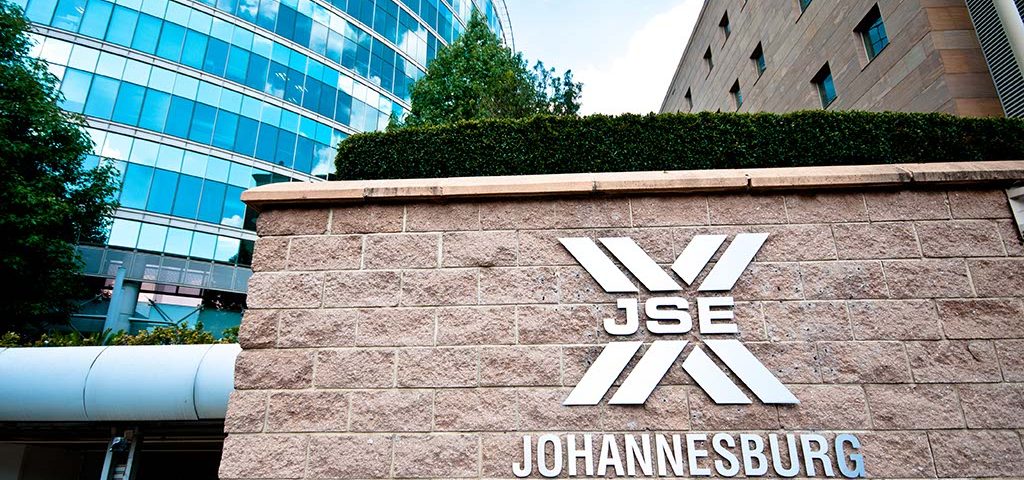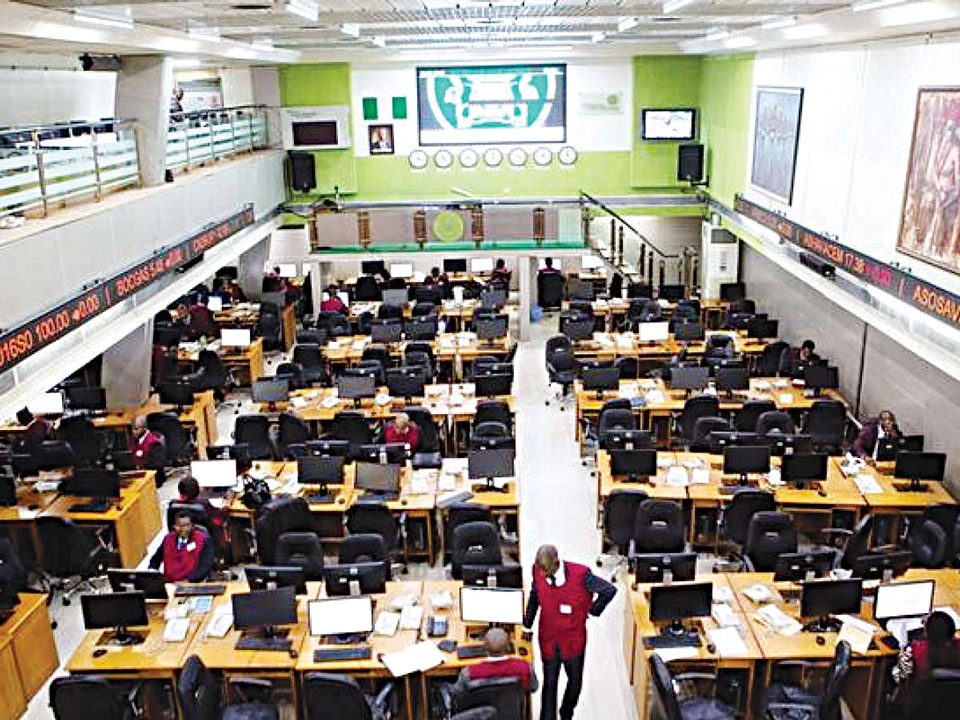On Wednesday, the South African stock exchange, the JSE, celebrated the launch of its Green Bond Segment, which provides a platform for companies and other institutions to raise funds ring-fenced for low carbon initiatives.
In addition, it enables investors to invest SRI funds in securities that are truly green.
Donna Nemer, Director of Capital Markets at the JSE said the introduction of the green bond provides companies with an effective tool to raise capital for investments into sustainable projects that would have been funded internally.
“Issuing a green bond can help companies to strengthen their credentials as sustainable and responsible organisations.
“At the same time green bonds allow investors to mitigate the effects of climate risk as a part of their investment portfolio, while these bonds also satisfy environment, social and governance (ESG) requirements and green investment mandates,” said Nemer.
Climate Change Impact
Nemer underlined that emerging markets are especially vulnerable to the impact of climate change.
“The JSE views combatting this problem as imperative to building a climate resistant future for the African continent in securing future jobs and investments.
“Globally we are still very far away from realising the level of investment necessary to prevent global temperatures from rising further. Green bonds can play an important role in addressing this shortfall,” she said.
According to the JSE, the global market for green bonds is currently valued at around $895 billion and year-on-year issuance has doubled in size annually over the past two years.
“The JSE believes its well-regulated, liquid and transparent platform can provide a home for true green securities,” Nemer stated.
Green Bond Listing Requirements
The JSE has aligned its JSE Green Bond listing requirements in line with international best practice but kept it in context of the South African economy to include specific rules pertaining to green bonds, the company stated.
This includes that institutions that issue a green bond appoint an independent reviewer to confirm that the bond can be classified as green according to accepted industry standards.
The JSE also requires green bond issuers to disclose the proceeds generated through issuing the bond as well as how these funds are applied throughout the lifetime of the bond.
This ensures that the capital raised is applied to the green projects it is earmarked for to give investors comfort the funds are applied in line with the issuers’ intentions of raising a green bond.
The City of Cape Town green bond, which is already listed on the JSE’s bond market, was certified by the Climate Bonds Initiative, while international ratings agency Moody’s also awarded it an excellent GB 1 rating.
The projects to be funded by the green bond are a mix of adaptation and mitigation initiatives and include the procurement of electric buses, energy efficiency in buildings and water management initiatives like water meter installations and replacements, water pressure management, and the upgrade of reservoirs.
The City raised R1 billion ($72 million) for these projects when it issued the 10- year bond in July this year.



